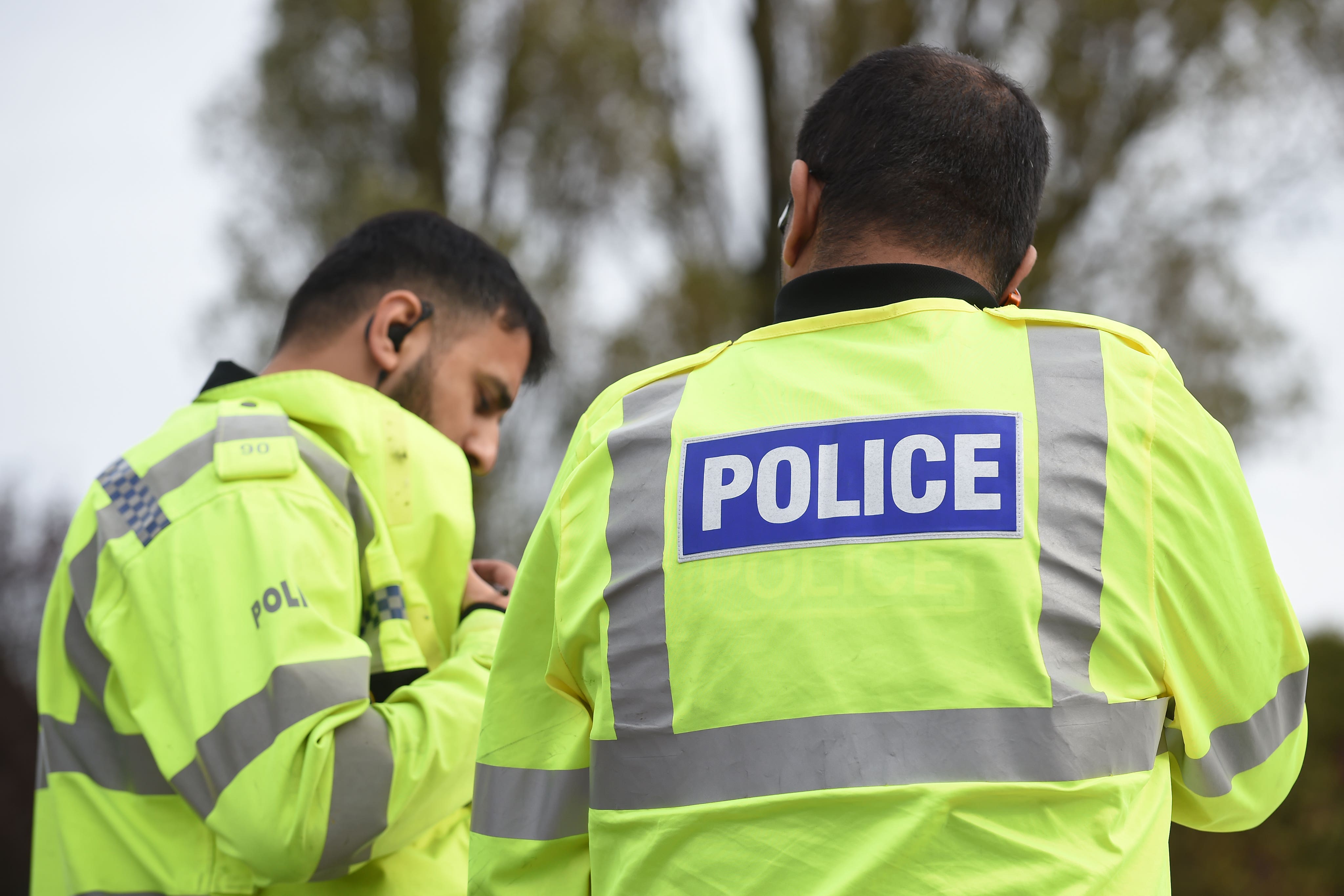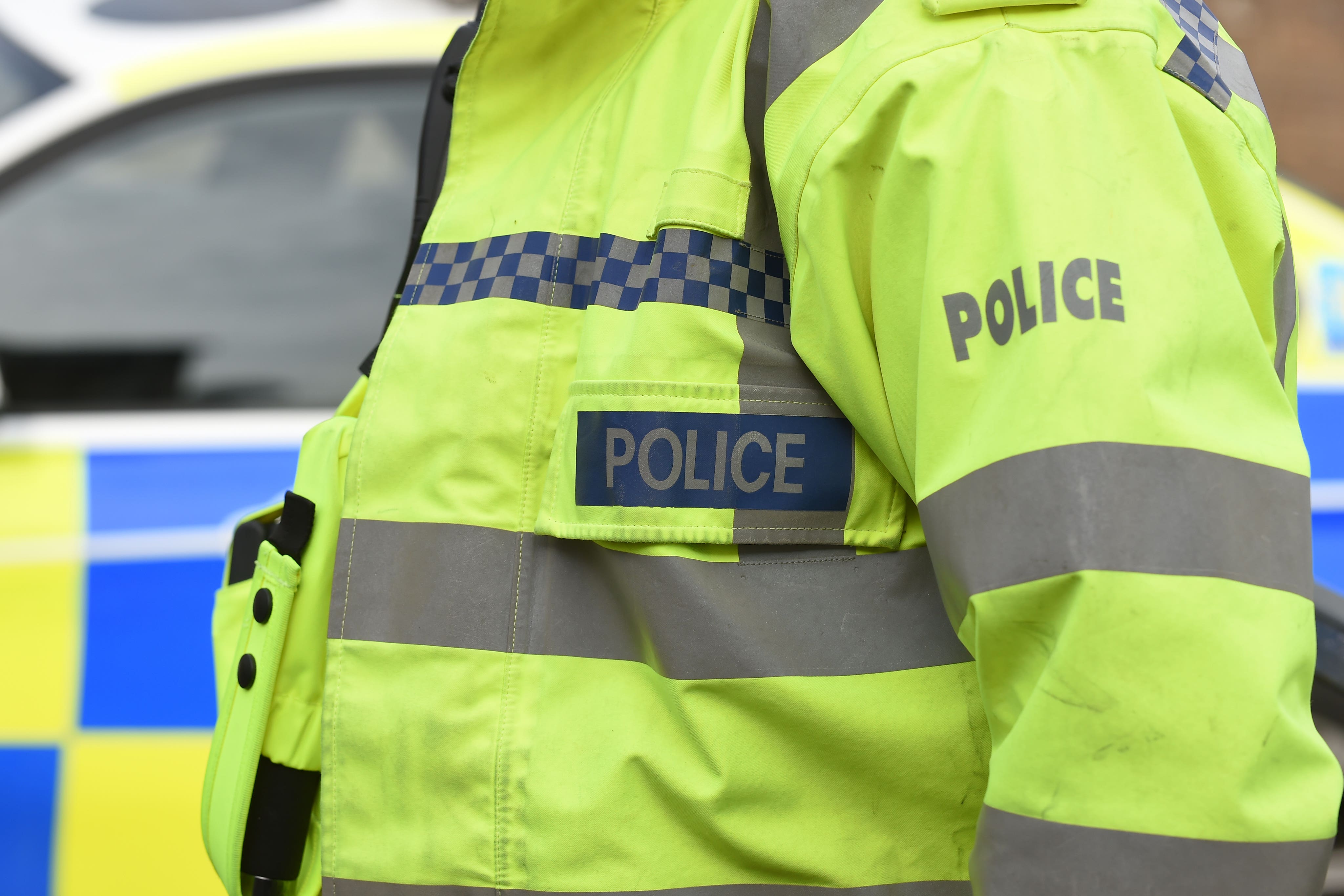Police chiefs facing ‘wellbeing crisis’ with half admitting morale is lower than a year ago
Only three in 10 police superintendents would recommend policing, figures show, as leaders call for better mental health support

Police chiefs have sounded the alarm over a “morale and wellbeing crisis” among leaders, with more than half admitting their morale is lower than a year ago.
A survey of police superintendents and chief superintendents published from 49 forces uncovered extremely low levels of morale and motivation.
The findings, published on World Mental Health Day, found 66 per cent described morale as low in their force, with 52 per cent saying their morale was lower than a year ago.
Only half of police leaders said their personal motivation was high – the lowest figure since the survey began eight years ago.
In addition, only 38 per cent said they feel valued and three in 10 said they would not recommend policing to others. Nine in 10 said they do not feel respected by the government.
Nick Smart, chair of the Police Superintendents Association (PSA), has called for bespoke support for police leaders and wellbeing packages for officers at every rank as their annual survey has shown “irrefutable evidence” of a steadily declining picture of police morale.

He also called for an end to the postcode lottery in terms of support services for struggling officers working in an industry where they are at high risk of harm.
“We need to respond to the data that shows us where we have people at high risk of harm, and looking more broadly, we need to end the ‘postcode lottery’ that police officers face in force with regards to the help they’ll receive when they are struggling,” he said.
“Every police officer and member of police staff should have confidence in the support they will find when they ask for help.
“Currently this isn’t the case and it isn’t acceptable. Policing is often about putting yourself in harm’s way and sacrificing your own safety for others. The least our workforce should expect in return is a well-resourced, dependable wellbeing offering.”

The figures come after a recent study carried out by the College of Policing saw superintendents in nine police forces undergo psychological risk assessments. It revealed that superintendents are the most “at risk” rank in policing when it comes to psychological harm.
The assessments led to just 50 per cent of supers being issued with “fit notes”, meaning there were no significant psychological symptoms identified, compared to a benchmark of 80-84 per cent among other ranks.
The risk assessments also showed superintendents recorded higher scores for stress, burnout and depression. Despite this, superintendents were far less likely to take sick days off work than other ranks.
In a series of recommendations shared with the National Police Chiefs’ Council, Home Office and the College of Policing, the PSA has called for fully resourced occupational health provisions in all forces which should be regularly inspected by His Majesty’s Inspectorate of Constabulary.
Other demands include greater funding for the National Police Wellbeing Service and for superintendents to be included within the defined “high-risk roles” receiving regular psychological risk assessments, with linked action plans for all ranks and officers identified as at risk.
A Home Office spokesperson said: “We are committed to supporting the mental and physical wellbeing of all our police and are working closely with police leaders and staff associations, including the Police Superintendents’ Association, to support this.
“More broadly, we will work with the police to tackle problems, raise standards and drive down crime. The mission to deliver safer streets will rebuild neighbourhood policing and the relationship between local communities and their police forces.”
